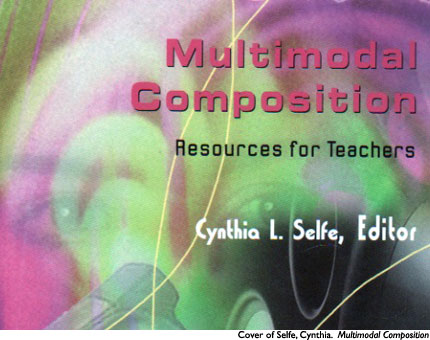Introduction
The audience to whom a term is being directed plays a large part in what term is chosen and how it is defined (Lauer, 2009).
Having an awareness of the values and priorities of those to whom we are directing a message is essential to how we choose to craft that message and how that message is ultimately received and acted on. An effective appeal to audience can mean several things. It can mean deliberately choosing specific terms to use (or not use) to describe our scholarship, teaching, and research, for students, colleagues, administrators, and funding agencies. It can mean recognizing how certain terms may (or may not) be understood by those audiences, and it can mean being open to adapting the meaning of something entirely as circumstances and values and needs change.
Ultimately it can mean seeking to maintain the most open and generous lines of communication by using terms that people are comfortable with, recognize, or can learn from. Using terms that include people is essential for sustaining engagement with the many messages we seek to share in our scholarly and pedagogical work.
The excerpts included in this section illustrate just how important audience can be.
Cynthia Selfe discusses her practice of reserving terms like multimodal composition for those inside the field, while forgoing such terms and just describing the work she and her students do when talking with those outside the field.
Jason Palmeri suggests that terms are not nearly as important as the ideas behind the terms, though using terms people are familiar with can be helpful.
Jonathan Alexander talks about how he tends to use terms according to what he is trying to emphasize, which varies among students as well as within the many scholarly traditions of which he is a part.
Cheryl Ball discusses what terms she uses in the classroom and how those terms are different from those she uses in her scholarship.
Gunther Kress discusses the reality of having to use terms that non-academic people can connect with, while continuing the effort to be precise.
Scott DeWitt talks about the public perception problems that some terms can have when used within larger contexts.
Cynthia Selfe suggests that our choice in terms is important because the terms we use can affect people in ways that may not be useful.
The audience to whom a term is being directed plays a large part in what term is chosen and how it is defined (Lauer, 2009).
Having an awareness of the values and priorities of those to whom we are directing a message is essential to how we choose to craft that message and how that message is ultimately received and acted on. An effective appeal to audience can mean several things. It can mean deliberately choosing specific terms to use (or not use) to describe our scholarship, teaching, and research, for students, colleagues, administrators, and funding agencies. It can mean recognizing how certain terms may (or may not) be understood by those audiences, and it can mean being open to adapting the meaning of something entirely as circumstances and values and needs change.
Ultimately it can mean seeking to maintain the most open and generous lines of communication by using terms that people are comfortable with, recognize, or can learn from. Using terms that include people is essential for sustaining engagement with the many messages we seek to share in our scholarly and pedagogical work.
The excerpts included in this section illustrate just how important audience can be.
Cynthia Selfe discusses her practice of reserving terms like multimodal composition for those inside the field, while forgoing such terms and just describing the work she and her students do when talking with those outside the field.
Jason Palmeri suggests that terms are not nearly as important as the ideas behind the terms, though using terms people are familiar with can be helpful.
Jonathan Alexander talks about how he tends to use terms according to what he is trying to emphasize, which varies among students as well as within the many scholarly traditions of which he is a part.
Cheryl Ball discusses what terms she uses in the classroom and how those terms are different from those she uses in her scholarship.
Gunther Kress discusses the reality of having to use terms that non-academic people can connect with, while continuing the effort to be precise.
Scott DeWitt talks about the public perception problems that some terms can have when used within larger contexts.
Cynthia Selfe suggests that our choice in terms is important because the terms we use can affect people in ways that may not be useful.

 Talking outside the field (2007)
Talking outside the field (2007) Ham Sandwich (2008)
Ham Sandwich (2008) Emphasis and audience (2007)
Emphasis and audience (2007) Talking with students (2007)
Talking with students (2007) Every second time (2010)
Every second time (2010) 'Getting' multimodal (2007)
'Getting' multimodal (2007) Writing grants (2007)
Writing grants (2007) Why 'digital media' works (2007)
Why 'digital media' works (2007) Primitive machines (2007)
Primitive machines (2007)